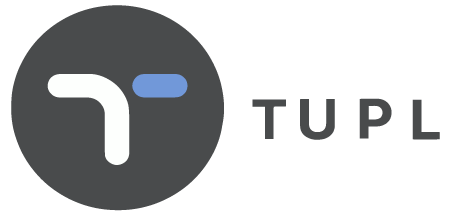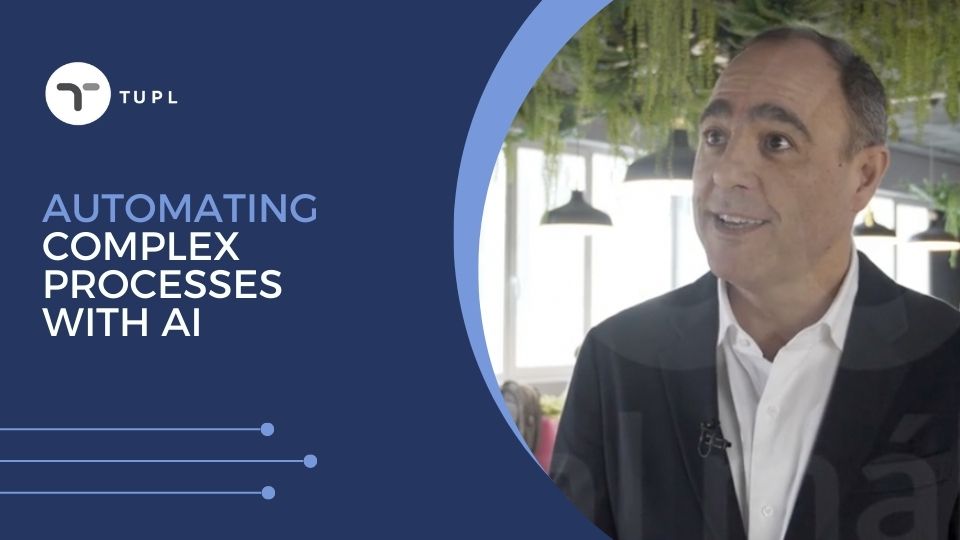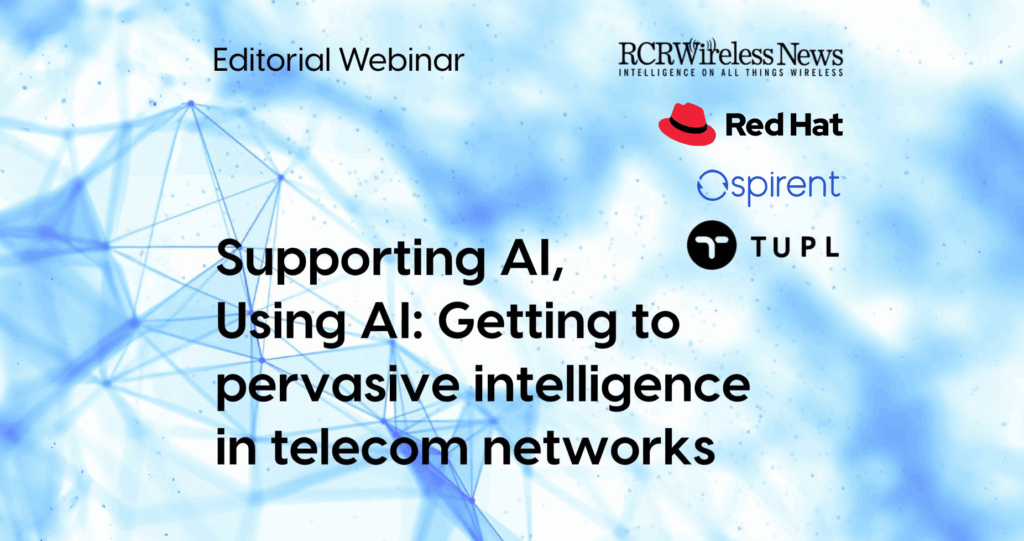Should Telcos Be Worried About AI and Its Evolution?
Over the past few years, Artificial Intelligence and Machine Learning have revolutionized the way companies in the telecommunication sector operate. This article will explore two critical aspects of AI in telecom: whether companies should be worried about AI's evolution and how to regulate this powerful technology.
The rapid evolution of Artificial Intelligence has ignited a debate within the telecommunications industry, a sector known for its adaptability and innovation. With the telecommunications industry being profoundly impacted by AI, it is crucial to assess whether companies should regard this evolution with optimism or concern.
Market Disruption
AI’s exponential growth is poised to alter the competitive landscape. The telecom sector, traditionally dominated by established players, now faces a landscape where innovative AI startups and tech giants can quickly gain market share. The pace of AI development is reshaping competition dynamics within the industry, and companies must adapt to remain competitive.
Job Displacement
The integration of AI in telecom operations also raises the question of job displacement. As AI and automation systems become increasingly sophisticated, there’s a genuine concern that certain roles within the industry may become obsolete. However, it is crucial to understand that while AI can automate routine, repetitive tasks, it also creates new job opportunities. Companies should focus on upskilling their workforce to leverage AI effectively and nurture a workforce capable of managing and enhancing AI systems. The key is to find a balance between AI’s automation capabilities and the skills that humans bring to the table.
Data Security and Privacy
Data security and privacy breaches are another concern stemming from AI’s proliferation. As AI processes immense volumes of customer data, the risk of data breaches increases. In 2022 alone, there were 1,862 publicly disclosed data breaches in the United States. Companies must invest in top-tier cybersecurity infrastructure and adhere to data privacy regulations, not only as a legal requirement but also to maintain customer trust. (Source: Statista Data Breach Statistics)
Regulating AI in Telecommunications
In the dynamic realm of telecommunications, effective regulation is the cornerstone of responsible AI utilization. As AI technologies continue to mature and proliferate, ensuring ethical deployment and maintaining a level playing field has become paramount.
Transparency and Accountability
To ensure responsible AI usage, regulators, and companies are considering transparency and accountability measures. The Federal Communications Commission (FCC) in the United States, for instance, is exploring regulations that mandate companies to disclose how they utilize AI in customer interactions. The FCC has taken a collaborative approach to artificial intelligence regulation. The agency’s Technological Advisory Council has been grappling with AI implementation for years, planning how the agency can best use the technology in its operations. The Advisory Council has recently provided a set of recommendations for the Commission, including setting up an AI task force and studying spectrum usage to better understand how AI can be implemented. These initiatives aim to protect consumer rights while allowing companies to reap the benefits of AI responsibly. (Source: FCC)
Data Privacy Regulations
The European Union’s General Data Protection Regulation (GDPR) and the California Consumer Privacy Act (CCPA) have set global standards for data protection. These regulations are paramount for companies operating in or interacting with customers from these regions. Compliance with these regulations is not only a matter of legal obligation but also a fundamental component of maintaining a trustworthy relationship with customers. (Source: EU GDPR, CCPA)
In addition to these general principles, there are specific regulations being developed or implemented for AI use in the telecom industry. For instance:
European Union’s Proposed AI Regulation
This regulation will apply to all AI systems used by telecom operators in the EU. It requires telecom operators to conduct risk assessments of their AI systems and implement appropriate mitigation measures. (Source: European Commission)
These trends emphasize transparency, accountability, fairness, and security. Telecom operators should stay informed about these trends and ensure their use of AI complies with all applicable regulations.
The Impact of AI Solutions on Regulation
Artificial Intelligence is not just transforming the way telecommunications companies operate; it’s also reshaping the regulatory landscape within the sector. The integration of AI solutions has had a profound impact on how telecommunications regulations are formulated and enforced.
Network Optimization
AI-driven network management tools are transforming the telecom industry by optimizing traffic and resources. Tupl has demonstrated remarkable results with Tier 1 Mobile Operators, achieving a 90% reduction in manual effort, enhancing network accuracy by up to 90%, and increasing staff productivity by 2.5 times, all while consistently maintaining a 100% performance level. Such data underscores the positive impact of AI solutions on network quality, leading to improved customer satisfaction and regulatory compliance.
Regulatory Compliance
AI’s role in automating regulatory compliance processes is significant. AI-driven systems can monitor network operations, detect potential breaches, and automate reporting, helping companies to meet regulatory requirements efficiently. This proactive approach enhances the industry’s ability to maintain compliance with ever-evolving regulations.
Costs Savings
AI solutions play a pivotal role in achieving substantial cost savings. By automating tasks and optimizing resource allocation, AI reduces operational costs while adhering to regulatory standards that emphasize efficient operations. This synergy between innovation and cost efficiency not only boosts a company’s bottom line but also aligns with regulatory demands for responsible, affordable telecom services. In embracing AI-driven cost-saving measures, telecom companies exemplify how they can balance financial objectives and regulatory requirements, creating a harmonious scenario for both businesses and customers.
Customer Experience
Telecom companies are leveraging AI to create personalized and efficient customer experiences. Automated chatbots, for instance, can handle customer inquiries effectively and round the clock. Tupl offers AI Care, a solution implemented for Tier 1 Operators in USA, Japan and Europe, which offers customer care in real-time being able reduce 20% customer complaints, automate up to 80% of the issue resolution process, and with 100 times faster response. This enhancement in customer service aligns with regulatory objectives related to customer protection and satisfaction.
Energy Efficiency
AI solutions, in their transformative role, can significantly impact energy consumption within the telecommunication industry. AI can help telecom companies not only monitor but also optimize energy consumption by analyzing usage patterns and adjusting operations in real-time. This not only reduces operational costs but also aligns with environmental regulations, making the telecommunications industry more eco-friendly. Within this context, Tupl Power Saving Advisor is paramount as it automates and minimizes the energy saving process without affecting customer experience. By embracing Tupl AI-driven energy efficiency solutions, telecom companies can play their part in reducing their carbon footprint, fostering sustainability, and meeting the expectations of regulatory bodies concerned with environmental impact. In doing so, they underscore the synergy between innovation, responsible operations, and compliance within the dynamic realm of telecommunications.
Conclusion
In the telecommunications industry, Artificial Intelligence (AI) represents a transformative force that offers numerous advantages. Provided that a full regulatory framework needs to be design at the institutional level, Telecom companies should not be worried about AI’s evolution; they should wholeheartedly embrace it, as it optimizes networks, enhances customer experiences, and significantly reduces costs. It ensures compliance with ever-evolving regulations and contributes to a greener, more eco-friendly industry. Companies like Tupl exemplify the power of AI, reducing customer complaints, automating issue resolution, minimizing energy consumption, and maintaining regulatory compliance. By embracing AI, telecom companies can navigate a future marked by efficiency, cost savings, and environmental responsibility, creating a harmonious balance between innovation and compliance in the dynamic world of telecommunications.



